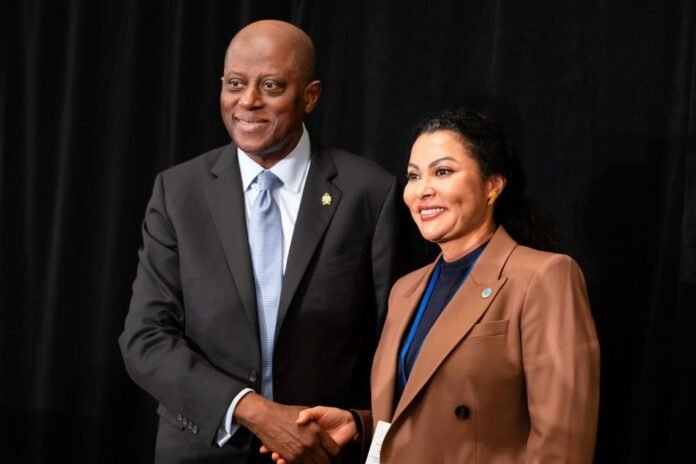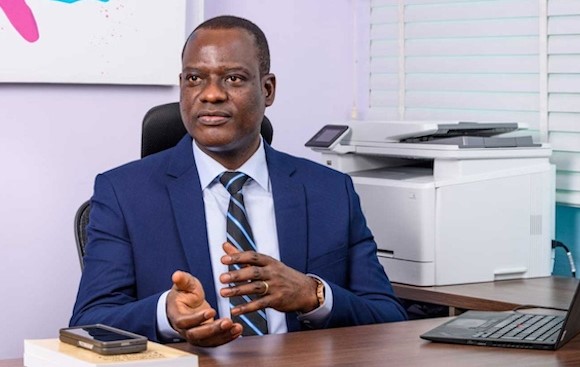Governor of the Central Bank of Nigeria (CBN), Olayemi Cardoso, and Minister of State for Finance, Doris Uzoka-Anite, have said the bold reforms of the Tinubu administration over the past two years have laid a strong foundation for inclusive growth, job creation, and poverty reduction.
Speaking at a press briefing in Washington, D.C., on Friday after the 2025 IMF and World Bank Annual Meetings, Cardoso said Nigeria used the global stage to showcase the tangible progress of its reform agenda and reaffirm its commitment to stability and fiscal discipline.
He noted that the Nigerian delegation held meetings with international financial institutions, rating agencies, and global investors.
“The tone throughout has been one of confidence and constructive partnership. Inflation is moderating, the exchange rate has stabilised, and investor confidence is returning,” he said.
Reforms strengthening economy, investor trust
Cardoso stated that headline inflation fell to 18.02% in September, its lowest in three years, while the naira continues to strengthen, with the spread between official and parallel market rates narrowing to below 2%.
Nigeria’s foreign reserves now stand above $43 billion—enough to cover 11 months of imports.
He said fiscal stability has improved, driven by higher non-oil earnings, better revenue mobilisation, and reduced cost of governance.
The removal of fuel subsidies, he added, has “helped rebalance public finances and create fiscal space for productive investment.”
The CBN governor also noted that monetary orthodoxy has been restored, relying on policy tools like the Monetary Policy Rate (MPR), Cash Reserve Requirement (CRR), and Liquidity Ratio.
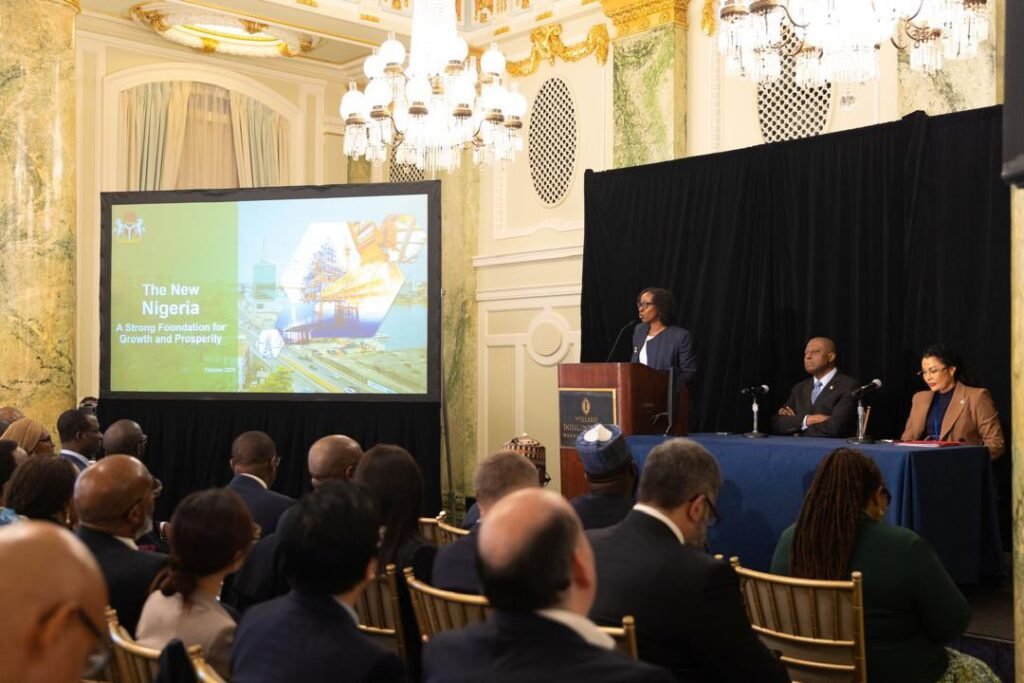
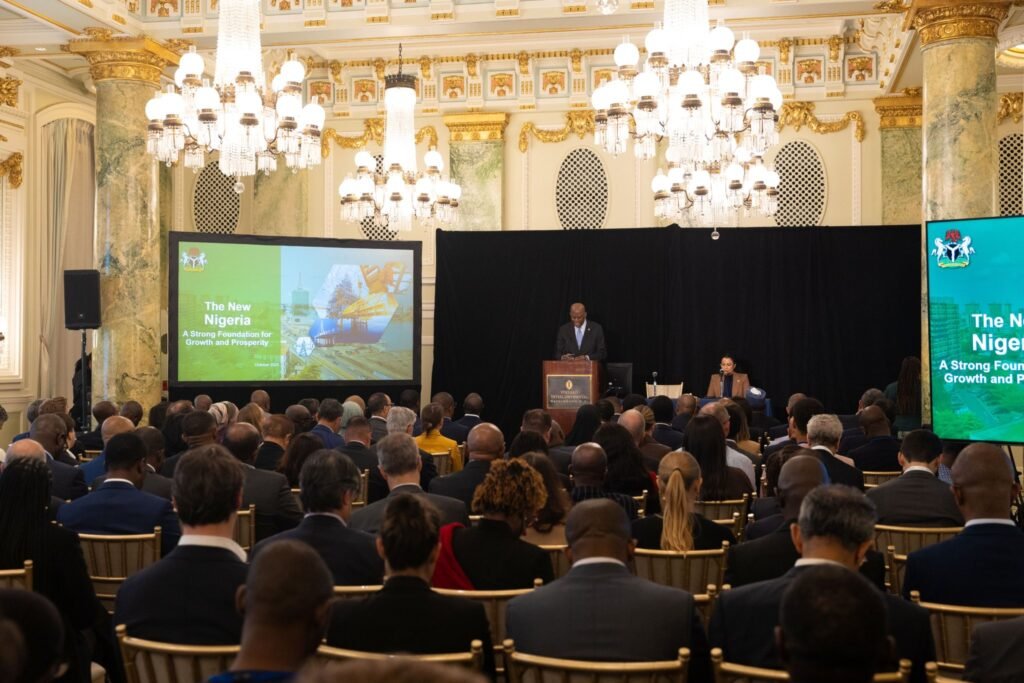
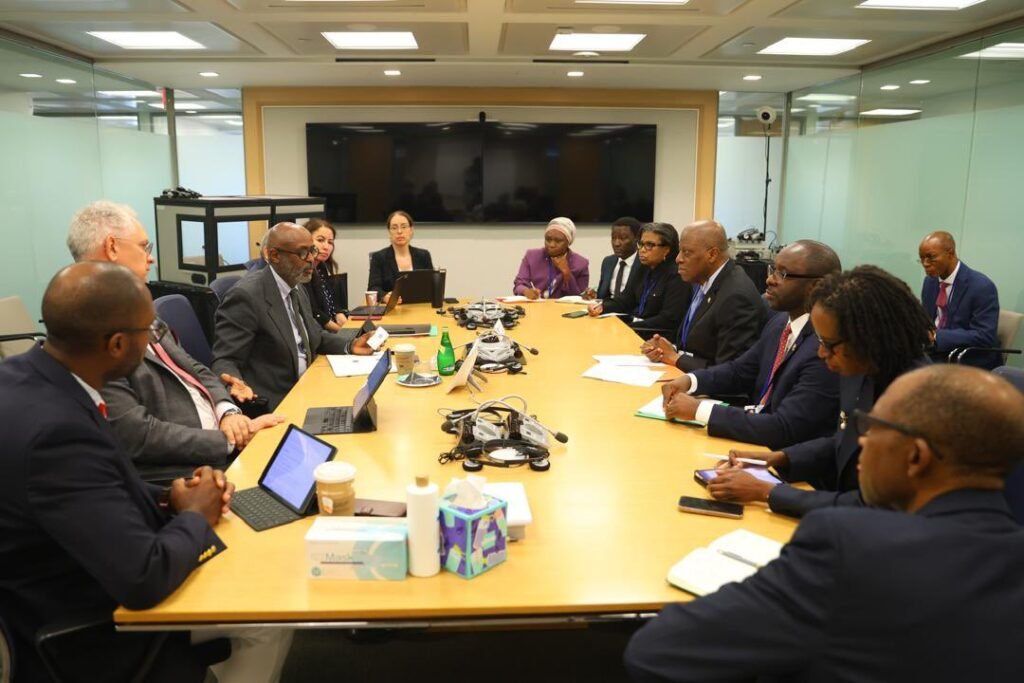
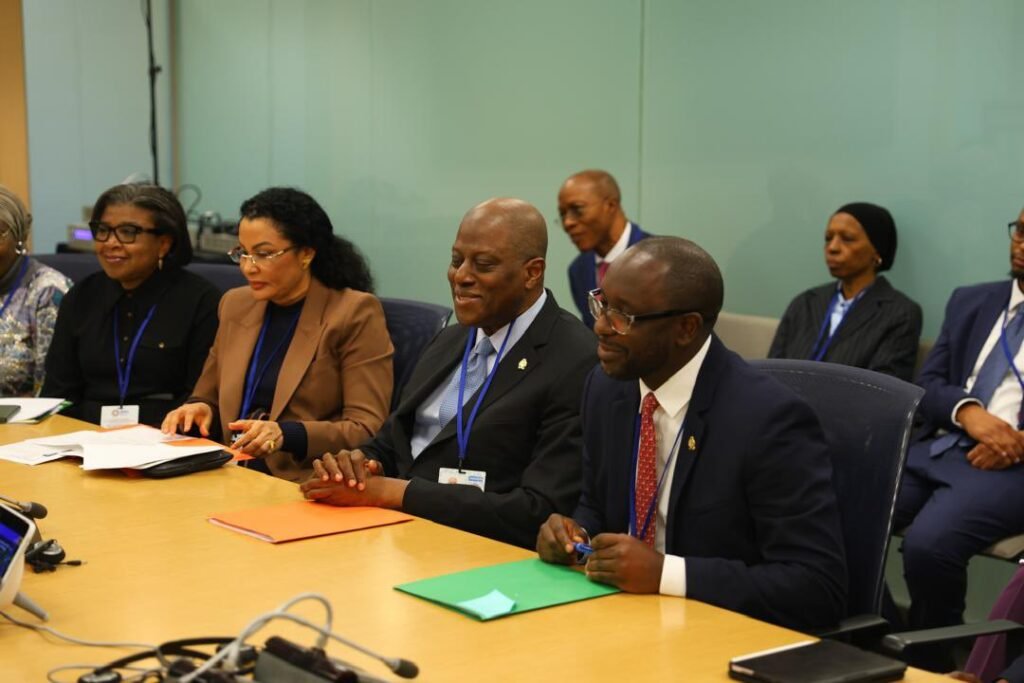
Artificial intelligence and advanced analytics are now being used to enhance policy accuracy and efficiency.
He disclosed that Nigeria’s banks are becoming stronger through recapitalisation and that foreign exchange reforms have boosted transparency.
Nigeria’s upcoming chairmanship of the Intergovernmental Group of 24 (G-24) from November 2025, he said, underscores growing global confidence in its leadership.
“Our story is one of resilience—a nation aligning courage with conviction to build a more competitive, innovative, and inclusive economy,” Cardoso declared.
Nigeria gains global health recognition
In a related development, Uzoka-Anite announced that the World Bank has designated Nigeria as a priority country to showcase a Universal Health Coverage (UHC) Compact.
The recognition also includes Nigeria’s leadership role in the Africa Initiative for Access to Medicines and Local Manufacturing (AIM 2030).
Speaking at the Health Works Leaders Coalition roundtable in Washington, she said this recognition followed Nigeria’s macroeconomic reforms and growing health sector improvements.
The 2025 budget, she added, raised allocations to the Health Ministry by nearly 60%.
“We are boosting financing and deepening value in the health sector through excise taxes on tobacco, alcohol, and sugary drinks—revenues that will fund universal healthcare,” she explained.
Uzoka-Anite highlighted other reforms such as tax digitisation, VAT zero-rating on medical equipment, and blended financing for women and youth-led agribusinesses.
She said Nigeria’s stabilising macroeconomic environment is “attracting strong investor interest and signalling a new era of confidence.”
She also revealed that many investors had asked when Nigeria would return to the Eurobond market—a signal, she said, of renewed global trust.
Uzoka-Anite praised Health Minister Ali Pate and other partners for their work under President Tinubu’s Renewed Hope Agenda, saying Nigeria’s reform story reflects “a government focused on sustainability, productivity, and improving the lives of its people.”
Will Nigeria’s renewed global confidence finally translate into broad-based prosperity for its citizens—or will the gains remain confined to the elite corridors of finance?
Rate, Like 👍, Comment 💬, Share this article, Follow us on our social media handles, and Submit your own story to get featured and earn rewards!



